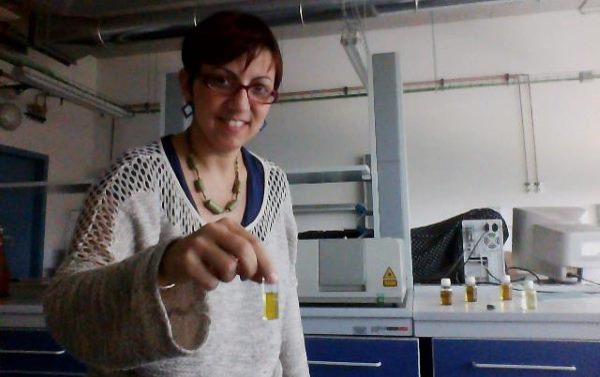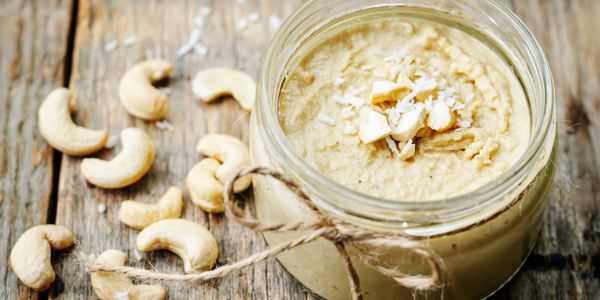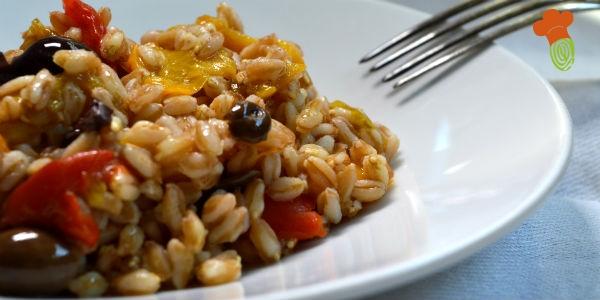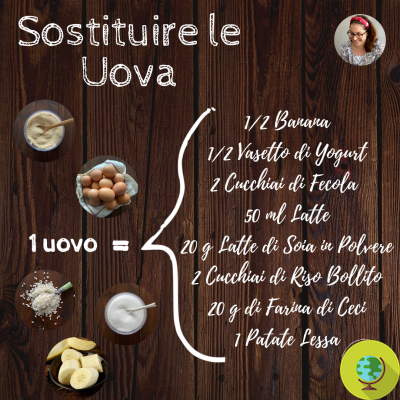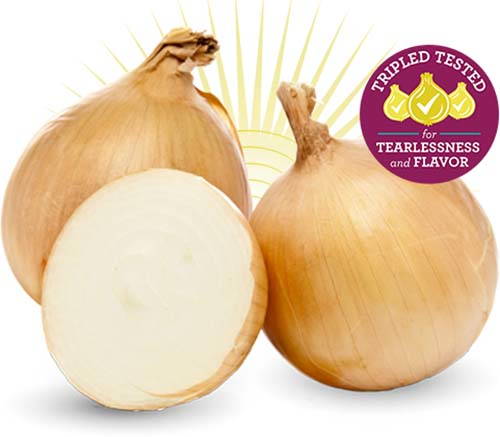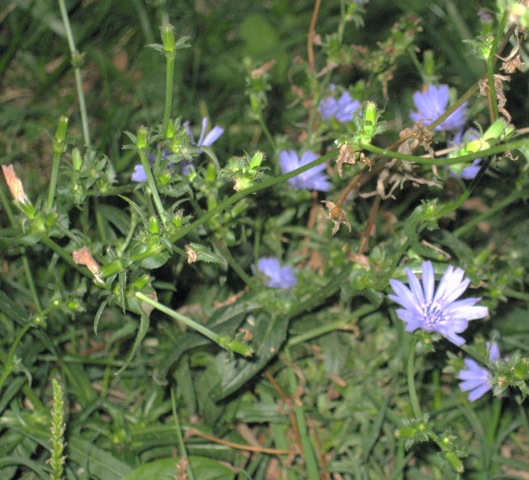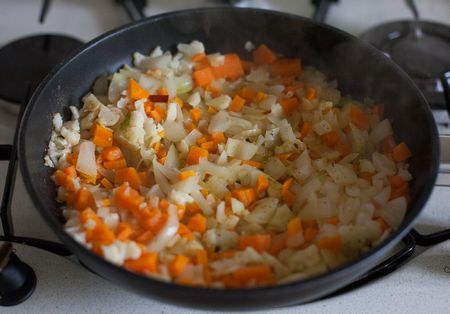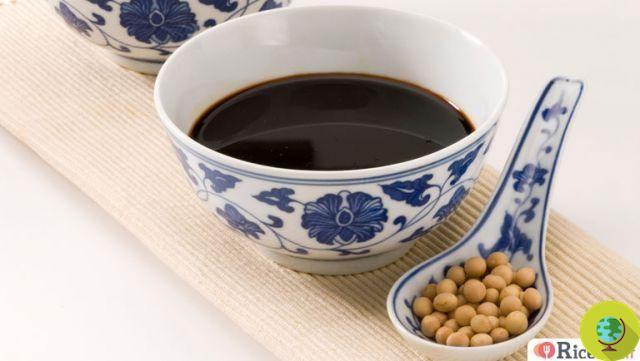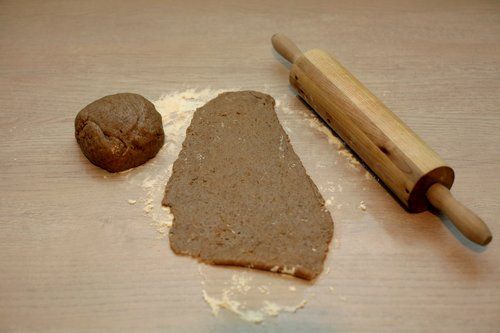
We call them Brazil nuts or Amazon nuts, or Amazon nuts and brazil nuts (this is their trade name). They are the fruits of a large Amazonian tree, Bertholletia excelsa. They probably represent the humic type of fresh fruit that is harvested exclusively from natural areas, without cultivation.
Do not store avocado like this: it is dangerous we call them brazil nuts o nuts from the Amazon, or Amazon nuts and brazil nut (this is their international trade name). They are the fruits of a large Amazonian tree, Bertholletia excelsa. They probably represent the humic type of dried fruit that is harvested exclusively from natural areas, without cultivation.
We cannot find Brazil nuts anywhere in the world, except in the Amazon. Their tree is commonly called brazil nut and can reach a height of 50 meters. What we consume is actually i seeds of the fruits of this tree. When ripe, Brazil nuts fall to the ground spontaneously and are thus easily harvested.
Le brazil nuts they contain good amounts of vitamins, antioxidants and minerals. They have a high calorie content, equal to about 656 calories per 100 grams of product. They are a source of oleic acid which helps to lower the coesterolo LDL and to raise the levels of HDL cholesterol. A good source of Vitamin E. They contain about 7,87 mg per 100 grams. Vitamin E is a powerful fat-soluble antioxidant. It is important to maintain the integrity of the mucous membranes and cell membranes, as well as to protect the skin from the action of free radicals. In particular, Brazil nuts exhibit an exceptional level of selenium, equal to 1917 micrograms per 100 grams of product, well beyond the recommended daily doses. Eating a couple of Brazil nuts a day can help enrich our selenium diet. Adequate selenium intake helps prevent coronary heart disease and liver cirrhosis. Selenium it helps i hair to grow strong and healthy. They are an excellent source of B vitamins, such as thiamin, riboflavin, niacin, folate and vitamin B6. These vitamins contribute to metabolism. In addition to selenium, Brazil nuts exhibit good levels of others mineral salts, such as copper, magnesium, manganese, potassium, calcium, iron, phosphorus and zinc. The copper helps prevent anemia and osteoporosis. L'oil obtained from Brazilian nuts has many traditional applications as a skin softener and for massage. It has a light yellow color, a pleasant smell and taste. Helps protect skin from dryness. It is also used for cooking and as a base vegetable oil in natural medicine and aromatherapy. You can find brazil nuts at the supermarket, in fair trade shops, in organic food stores, in herbalist's shops and on the internet. Better to buy raw Brazilian nuts, with or without shells, but you will also find roasted and salted Amazonian nuts for sale. As for the use in the kitchen, you can eat Brazil nuts alone, as a snack. You can use them to prepare pesto, homemade biscuits, energy bars or other sweets. Chop them and choose them to enrich the salads. You can also add them to pasta, rice and side dishes. Attention to allergies. Those allergic to mangoes, cashews, pistachios or other nuts may experience unwanted reactions when eating Brazil nuts, but it all depends on individual sensitivity. In any case, one should not overdo it with the daily consumption of Brazilian nuts. 2 to 4 per day is the ideal quantity. Marta Albè Read also: Brazilian nuts: a concentrate of vitamin E, selenium and mineral salts All the benefits of dried fruit Nuts: 5 bizarre varieties you (maybe) don't know








